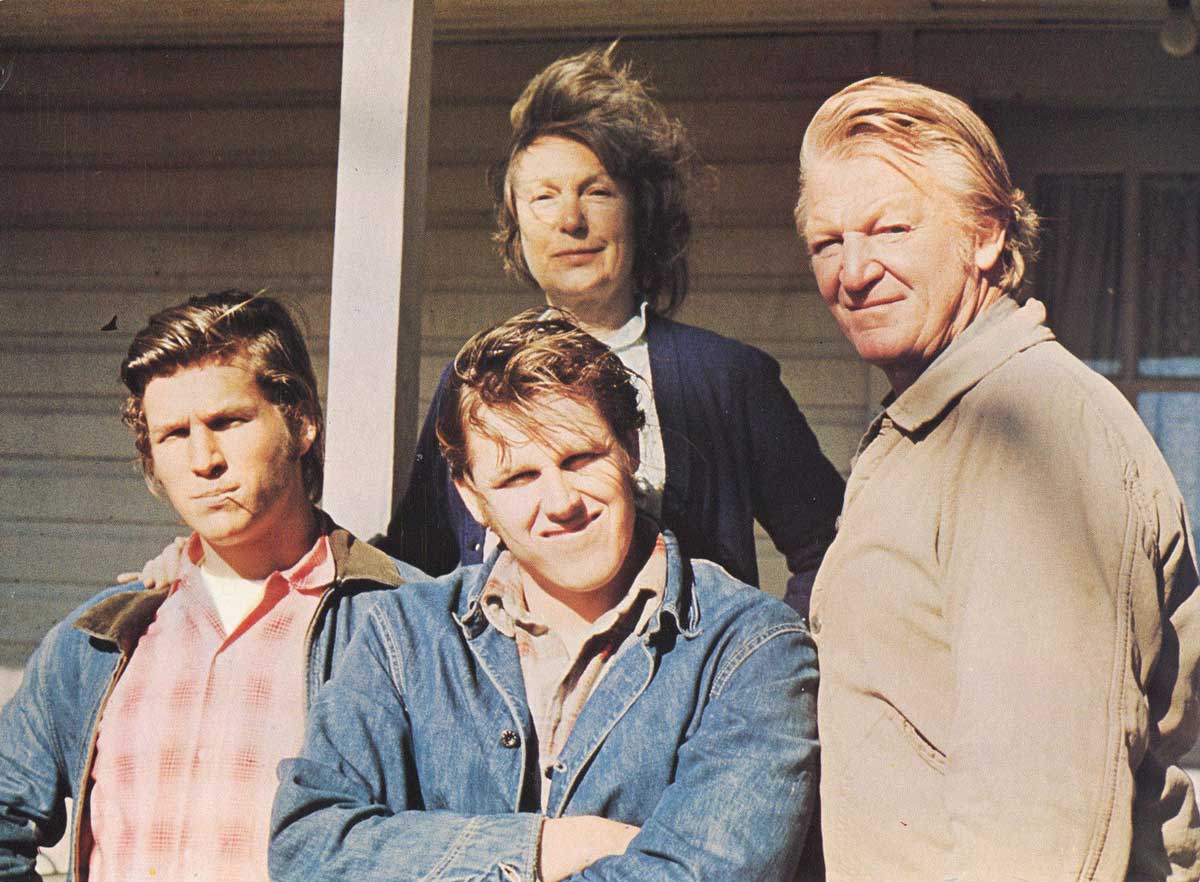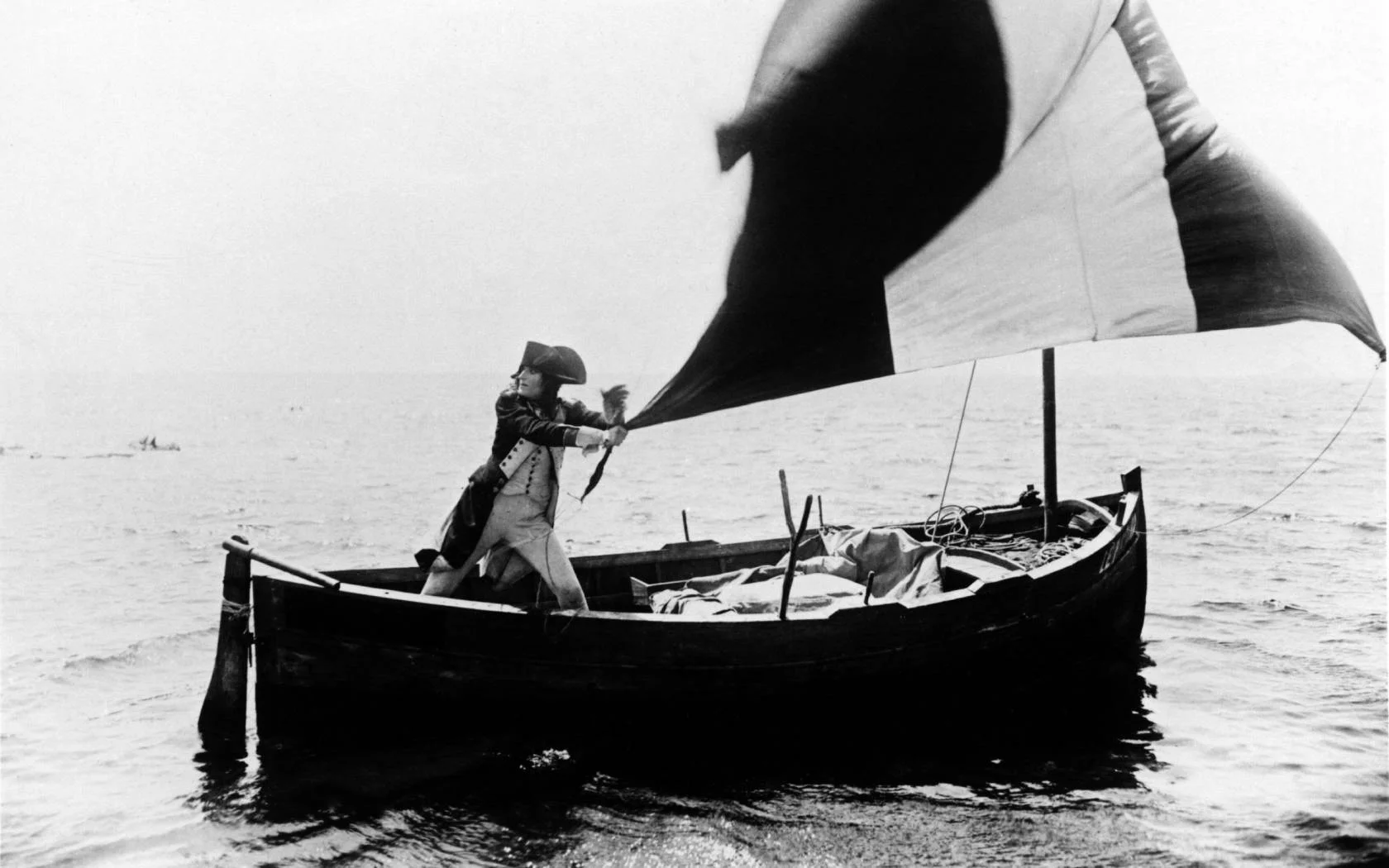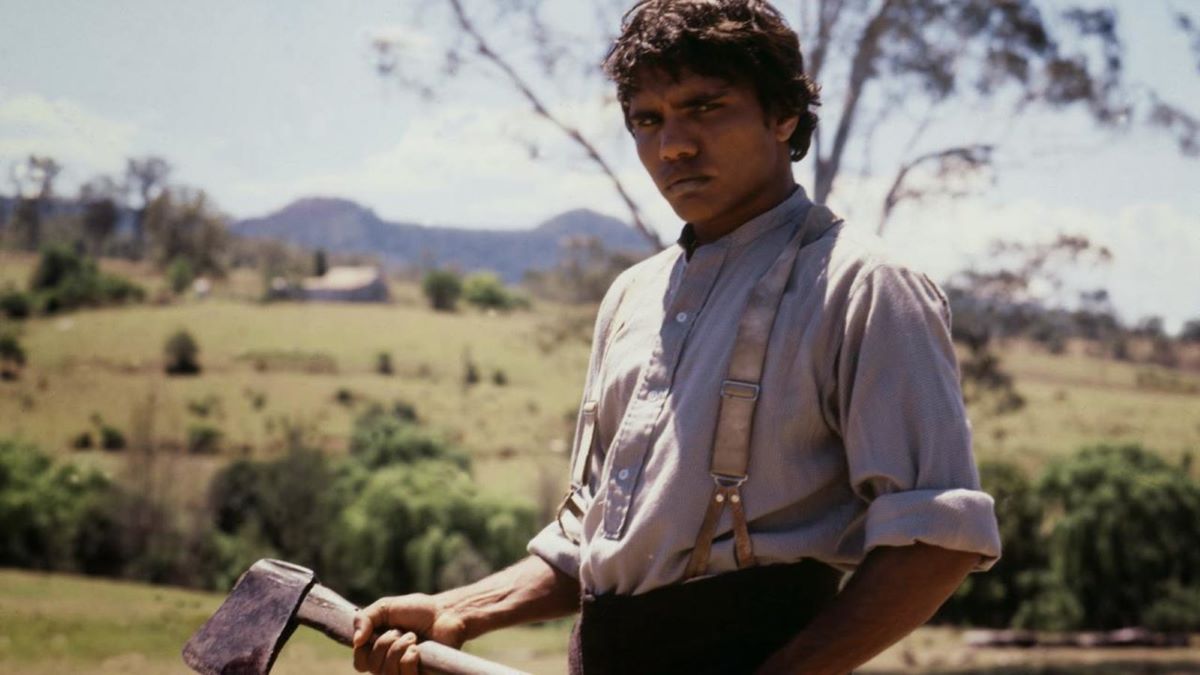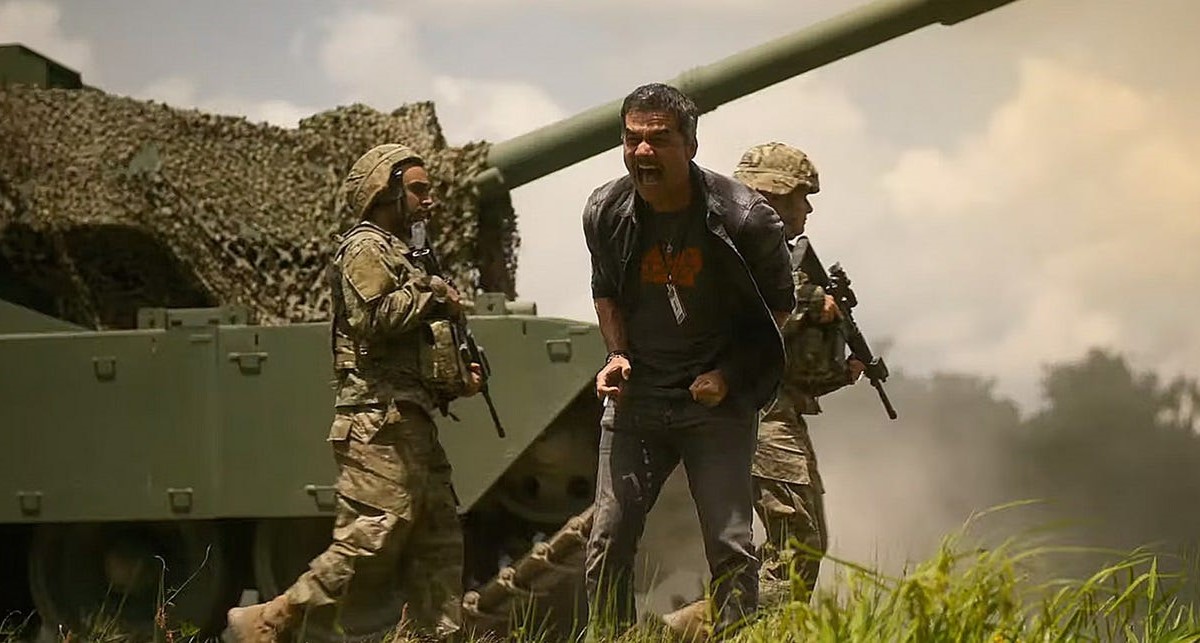by Roger Greenspun
Lamont Johnson’s The Last American Hero has a source in an Esquire article Tom Wolfe wrote several years ago about a stock-car racer and automobile customizer named Junior Johnson. The source isn’t very close, however, and the film, with its hero, Junior Jackson (Jeff Bridges), hasn’t too much to do with the subject of Wolfe’s famous article. It hasn’t too much to do with the mystique of automobile racing either—though it is full of automobiles and races. It does have to do with human relations, with the choice between a private and a public life, with the meaning of imprisonment, with the ways in which a souped-up hot rod is like a Carolina moonshiner’s still.
Junior’s dad (Art Lund) makes the moonshine. Really committed to his trade, by now almost friends with the revenue agent who keeps tossing him in jail, he is a man of great character and gentle sadness whose way of life is pushing him into an extreme of privacy literally hidden down inside his native earth. Junior’s spirit of independence, equally fierce, has no such luck. In a sense he must rise, taking nothing with him—not his friends, not even his own car—as success encloses him in its own forms of isolation.
The outline of this progress is conventional. But the terms developed for it in The Last American Hero are serious and rich and sometimes very beautiful.
Strictly for its car racing, the film isn’t so exciting. But you might say the same for Howard Hawks’s stock-car movie, Red Line 7000 (1965), which from this distance begins to look like one of the important films of the last decade. But Hawks did care about the world of the drivers and their women, and he used car racing to express the stoical pessimism typical of his later work. Johnson withdraws from all that to concentrate on individual solutions and moments of personal exploration. In this he is aided by stunning performances from Bridges, from Lund, from Geraldine Fitzgerald as Junior’s mother, from Ed Lauter as the factory-team manager to whom Junior must finally sell himself, from Valerie Perrine as the girl for Junior—and for any other driver in the circuit.
Miss Perrine—known only, and rather spectacularly, for her performance in Slaughterhouse Five—has an interesting role. Quite obviously cast as the fickle prize of fame, she becomes humanly more appealing as she is revealed to be more tawdry, more helplessly disloyal—to just about everybody, even herself. The Last American Hero is a film of many regrets but no great bitterness. And its freedom from easy ironies and from any kind of condescension is one clue to its value.
The movies of Lamont Johnson (The McKenzie Break, The Groundstar Conspiracy, etc.) continue to impress me for their intelligence, their good B-movie toughness, their care and grace in performance.
The New York Times, July 28, 1973





